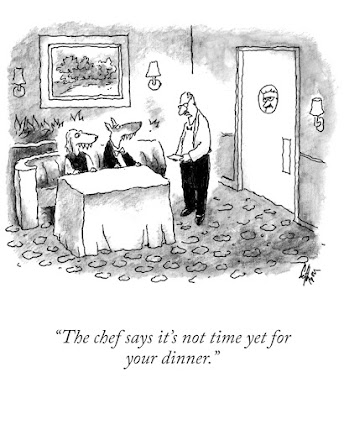Minutes after the Buffalo Bills held on to beat the Baltimore Ravens 27–25 in the A.F.C. divisional game, a sideline reporter asked the Bills’ quarterback Josh Allen what he’d been thinking when the Ravens had failed on a late bid to tie the score. Allen beamed. “All year, this team has heard we got no talent, we’re too small, we can’t stop the run, we’re not good enough to compete,” he said. “We just put our heads down and worked hard.” Before long, in a press conference, the team’s coach, Sean McDermott, echoed Allen’s sentiments. No one seems to embrace the nobody-believes-in-us rallying cry quite like football teams and their fans. Psychologists have identified plausible explanations for why it might help to embrace the underdog status (or pretend you’re one). Underdogs have lower expectations of winning, which might help insulate players against the pain of defeat, A sense of disrespect can fuel feelings of injustice and competitiveness; even though athletes often talk about...


